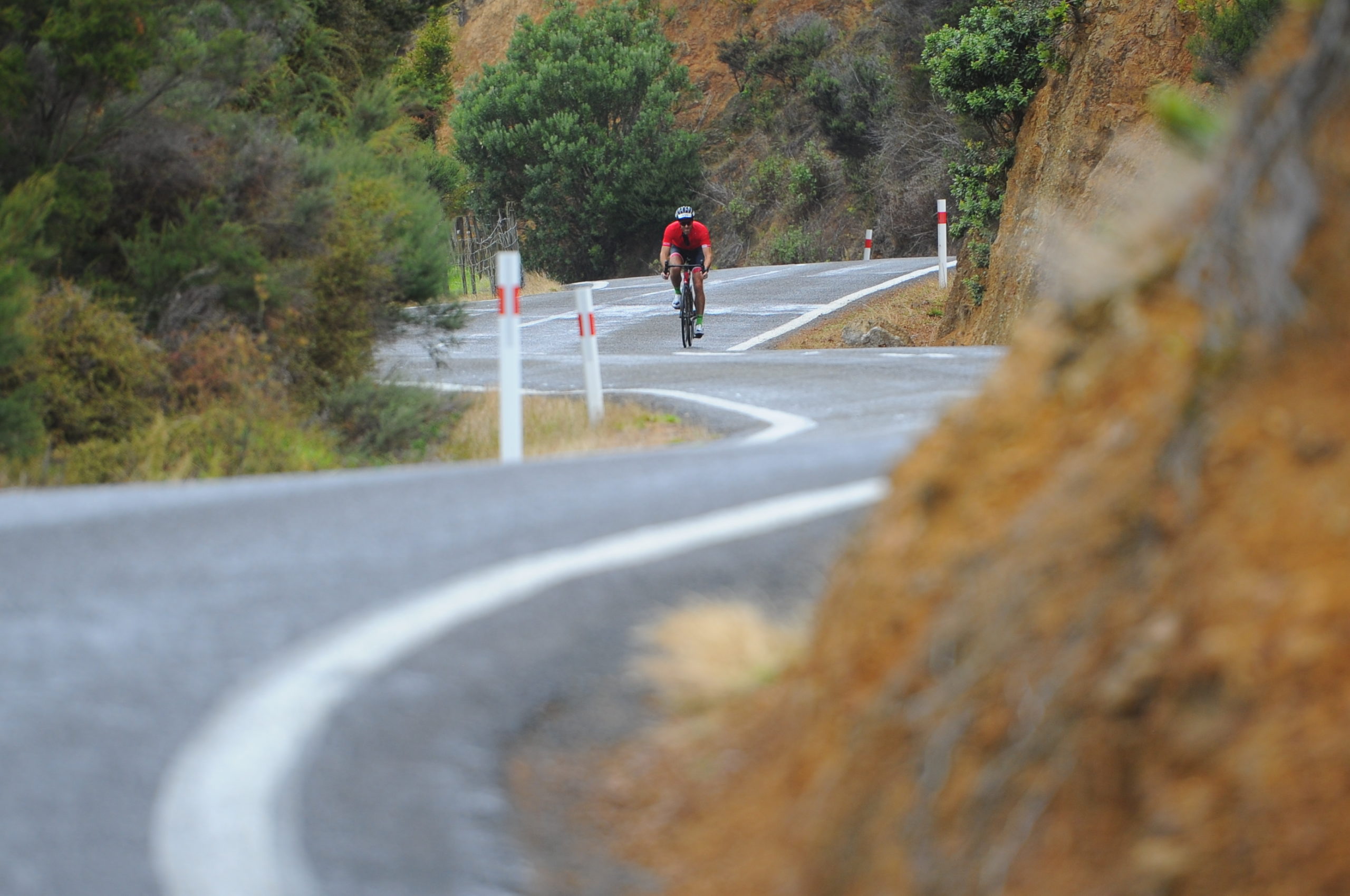Building a Balanced Endurance Training Program
Training for an endurance event requires more than just miles on the road. It takes time, discipline, resilience, and – above all – consistency. While many online training programs appear well-structured, they often relegate recovery and injury prevention to a minor footnote. These areas are not optional extras – they are essential components of a successful and sustainable training program.
This article outlines the foundational elements you should consider when building your own training plan, highlighting often-overlooked factors that can make the difference between finishing strong or falling short.
The Pillars of Performance
To improve in any sport, sport-specific training is essential. But performance is built upon a solid foundation. Without it, progress is limited and injury risk increases. I’ve long believed that sleep, diet, functional stability, and recovery form the core pillars of performance. These habits support long-term consistency and enable you to train harder and smarter.
1. Sleep
Sleep is the cornerstone of health and athletic performance. It influences everything from recovery to decision-making to muscle repair. Aim for 7–9 hours of quality sleep each night, with the hours before midnight being particularly restorative.
Tips to improve sleep hygiene:
- Minimise screen exposure before bed
- Take a warm shower or bath in the evening
- Keep your room dark, cool, and quiet
Matthew Walker, neuroscientist and author of Why We Sleep, offers practical strategies to enhance sleep quality – his work is a must read for any serious athlete.
2. Diet
Nutrition is a powerful tool for performance and recovery. Forget fads and restrictive plans – consistency with whole, mostly plant-based foods is far more impactful than any miracle supplement.
In The Endurance Diet, Matt Fitzgerald examines the eating habits of elite endurance athletes. The takeaway? They don’t obsess over calories or cut entire food groups. Instead, they:
- Prioritise variety and balance
- Avoid ultra-processed and fried foods
- Eat to fuel performance and aid recovery
3. Functional Stability
Most sports strengthen the body in specific ranges of motion, which can lead to imbalances. As one area grows strong, another may become vulnerable. That’s why functional stability should be a weekly fixture in your training.
Dedicating 15–20 minutes a day to mobility work, core routines, and rotational exercises can:
- Improve movement quality
- Correct muscular imbalances
- Reduce the risk of injury
These small, consistent efforts help build a more resilient, well-rounded athlete.
4. Recovery
Recovery is where progress happens. Training provides the stimulus, but adaptation occurs after the session – during the rest phase.
Ignoring recovery can lead to:
- Overtraining
- Chronic fatigue
- Decreased performance
- Repetitive injuries
- Mood and appetite changes
Watch for red flags like ongoing soreness, trouble sleeping, or a dip in motivation. Schedule deliberate rest days and listen to your body.
Final Thoughts
Many online programs emphasise training volume and intensity, outlining precise interval sessions or weekly kilometre targets. While these elements are important, they’re only part of the picture.
True performance gains come from the often-overlooked basics:
- Prioritising quality sleep
- Maintaining a nourishing, balanced diet
- Integrating functional movement and strength work
- Committing to planned, mindful recovery
At The Movement Project, we support athletes in building these habits – offering structured routines and guidance that complement your sport-specific training. Investing in these foundational pillars will not only enhance your performance but also help you stay injury-free and enjoy the journey for years to come.

